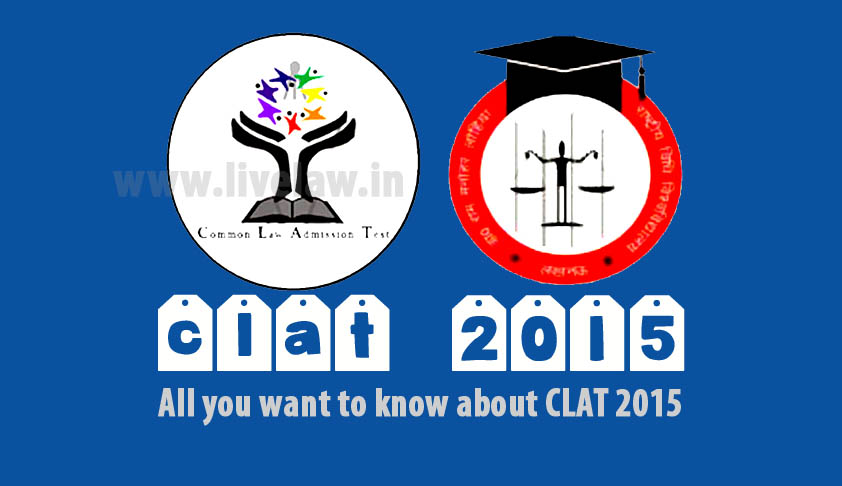Common Law Admission Test 2015 will be on 10th May 2015; All you want to know about CLAT 2015
LIVELAW NEWS NETWORK
18 Dec 2014 4:21 PM IST

Next Story
18 Dec 2014 4:21 PM IST
The first Online Common Law Admission Test will be held on 10th May 2015. Dr. Ram Manohar Lohiya National Law University is conducting the examination this year.Here is the complete information relating to CLAT .16 Universities are participating in CLAT 2015.They areNLSIU - BangaloreNALSAR - HyderabadNLIU - BhopalWBNUJS - KolkataNLU - JodhpurHNLU - RaipurGNLU - GandhinagarRMLNLU - LucknowRGNUL...
